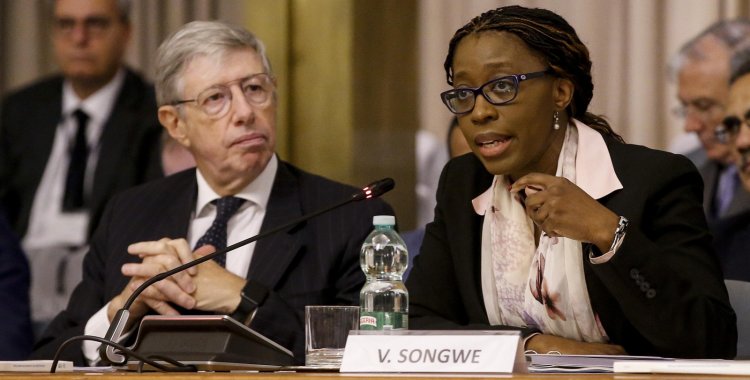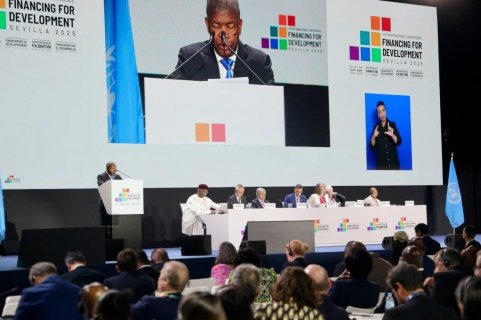"Angola was a kind of precursor of what the Common Framework for dealing with debt beyond the Debt Service Suspension Initiative (DSSI) should be, because in a way the authorities managed to negotiate with the Chinese public and private creditors and had long talks and resolve the debt, before the launch of the Common Framework, they were lucky and did it quickly, but no country has yet gone through the process of the Framework," said Vera Songwe.
In an interview with Lusa on the sidelines of the conference of African Finance Ministers, which runs until Tuesday, the official confirmed the view that joining this initiative launched by the G20 to deal with unsustainable debt, beyond the DSSI, implies a lowering of the 'rating', but downplayed the issue.
"You can't have your cake and eat it at the same time," Vera Songwe said, pointing out that "so far there have been three countries that have joined the Common Framework, while there have been 27 that have joined the DSSI, allowing $5 billion to be released."
The DSSI, he pointed out, "does not directly affect the rating, while the Common Framework, yes, we have to be very clear on this, because it is a restructuring of private debt and when you join, there has to be comparable treatment between private and public creditors.
A downgrade is not the end of the world, she argued, so "those who need a debt restructuring have to call it that and say so, because there is too much stigma" around the issue, said the UN leader in Africa, noting that several countries in Latin America, such as Ecuador and Argentina, have already experienced the same.
"If the debt is unsustainable, it is better for them to join the Common Framework than to have a disorderly evolution of the problem," she said, stressing that the process is ongoing "because no country has completed the Common Framework."
Asked whether UNECA advocates debt forgiveness or debt relief, Vera Songwe replied: "Debt forgiveness or restructuring in countries with market access leads to an immediate downgrade, but for the very, very poor, we continue to advocate forgiveness, because for example for Mali market access is not a concern, because they have no viable opportunities to meet their financial obligations.
The International Monetary Fund (IMF), he reminded, "has already forgiven debt to the 17 very low-income countries under the Rapid Relief Facility," and so debt relief, that is, suspension of payments, should be for countries that have a good macroeconomic framework.
"It should be remembered that this crisis is not an Africa crisis, it did not arise due to mismanagement; Africa suffered because it does not have access to a strong currency, and while developed countries have given 20 percent of their GDP in stimulus to the economy, with the United States approving a $1.9 trillion plan, Japan with $700 billion, the 54 countries of Africa are asking for $100 billion in terms of easier market access," Vera Songwe said.
"We cannot wait for Africa to collapse, we have to make sure that Africa does not collapse because Africa is part of the global community," she concluded.
The DSSI is an initiative launched by the G20 in April last year that guaranteed a moratorium on debt payments from the most indebted countries to the most developed countries and multilateral financial institutions, with an initial deadline of December 2020, which was then extended until June this year, with the possibility of a further extension for six months.
This initiative only suggested that countries seek private sector debt relief, whereas the Common Framework, approved by the G20 in November, states that private creditors must be approached, although it does not say explicitly what happens if there is no agreement between debtor and creditor.
This Framework aims to bring all debt actors on board, including China's private and public banks, which have become the largest creditors of developing country governments, particularly those in Africa.







